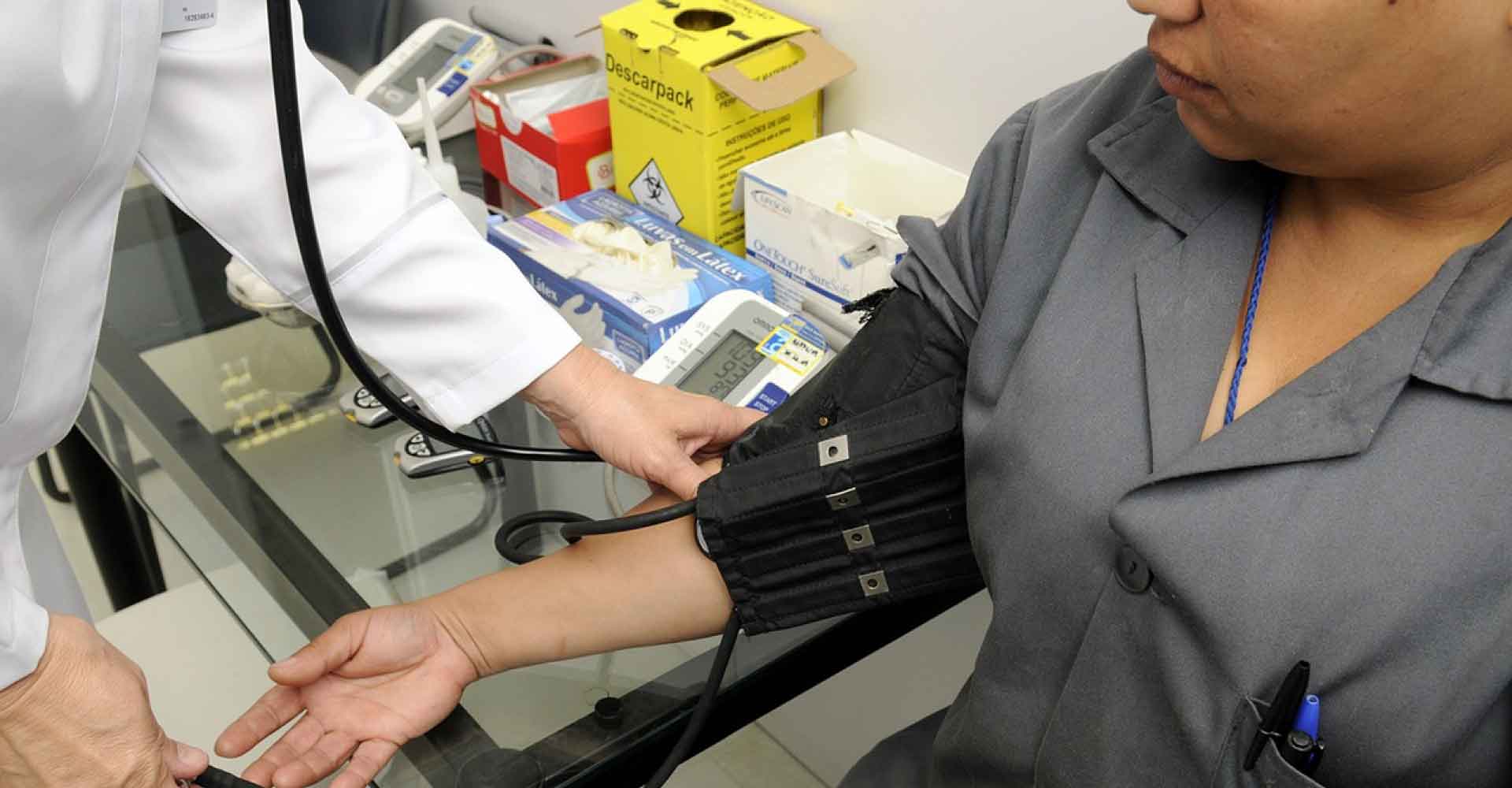
CT Scans
Boise, Idaho
We Offer Medical Imaging at Lower Costs
Contact UsCT Scans at Treasure Valley Hospital in Boise
What is a CT scan?
A CT scan is a type of medical imaging performed to diagnose or rule out a problem. CT stands for computed tomography and is often called a CAT scan as well. All of these names refer to the same type of machine used for this specific imaging modality. Like x-rays, CT scans use ionizing radiation to generate images. CT scans produce a three-dimensional image, unlike the flat image produced by plain film x-ray. CT scans are similar to MRI scans, however MRI scans capture images by using magnetic waves and impulses instead of radiation. While this may sound safer, it is not always the best choice for patients. Patients with some metallic implants, such as pacemakers, cannot always have an MRI scan. Also, MRI scans are longer, more costly, and many patients are too claustrophobic. This makes CT scans a better option many times.
Applications of a CT Scan
CT scans are used for a variety of reasons. Head CT may be used to determine if a patient has had a stroke, concussion, bleeding in the brain, skull fracture, or many other related diagnoses. CT scans can be done of the sinuses for infections. They can be done of the chest to look for pneumonia, collapsed lung, heart failure, cancer, blood clots, and so forth. When looking for appendicitis, CT scan of the abdomen and pelvis is a gold standard exam. This test is also often used to discover a kidney stone. CT scans can be used for extremities to get more detailed views of joints or suspected bone fractures.
Preparing for a CT Scan
When a patient is scheduled for a CT scan, they will be given specific preparation instructions. If the patient is getting intravenous contrast dye, they will be asked to have nothing to eat or drink for 4-8 hours depending on the facility protocols. When having an abdomen and pelvis scan, many patients are required to drink an oral contrast 2 hours prior to the scan as well. This is often a flavored barium solution.
Risks of a CT Scan
There is a small risk of allergic reaction to the contrast dye. Anyone who has had a reaction to the contrast dye in the past should be pre-medicated with preventative drugs prior to receiving the contrast. Each time a person is exposed to the contrast dye, the reaction symptoms can increase. The scan time varies from 5-20 minutes depending on the type. If you have questions, feel free to call the CT technologist at the facility where your test is scheduled.
CT Scan Exams with Contrast
Please let the scheduling staff know if you are diabetic, have severe allergies, or have kidney failure. If your exam requires oral contrast, you will need to arrive at least 1 hour prior to your appointment time. You cannot have anything to eat or drink for at least 6 hours prior to your exam.
